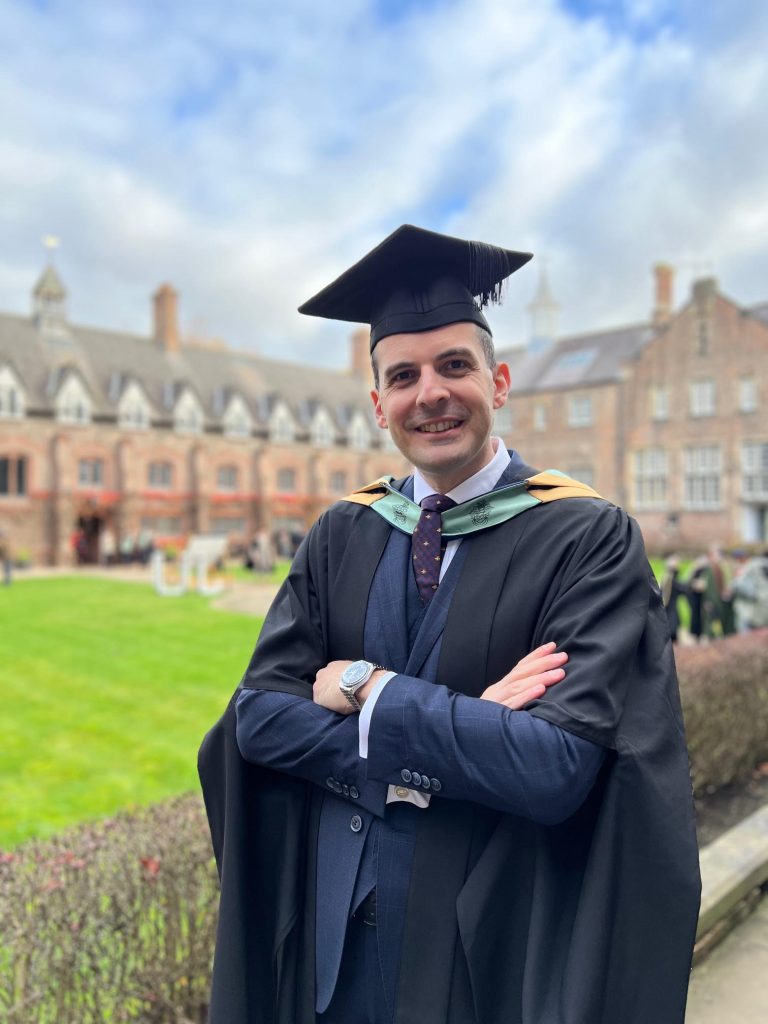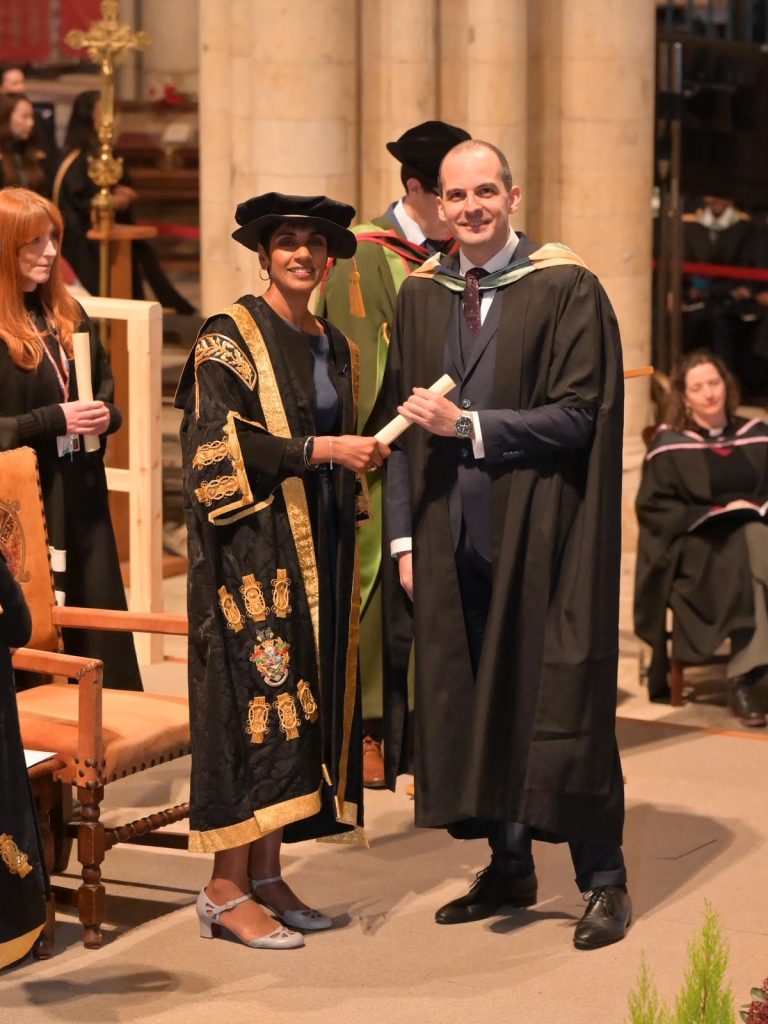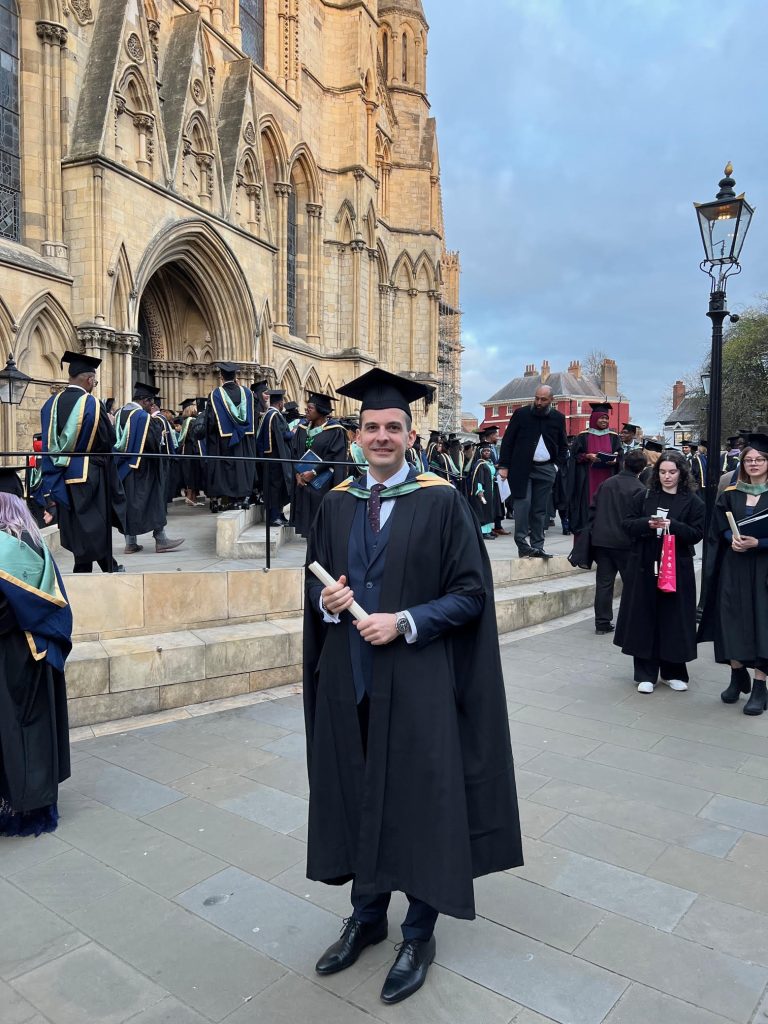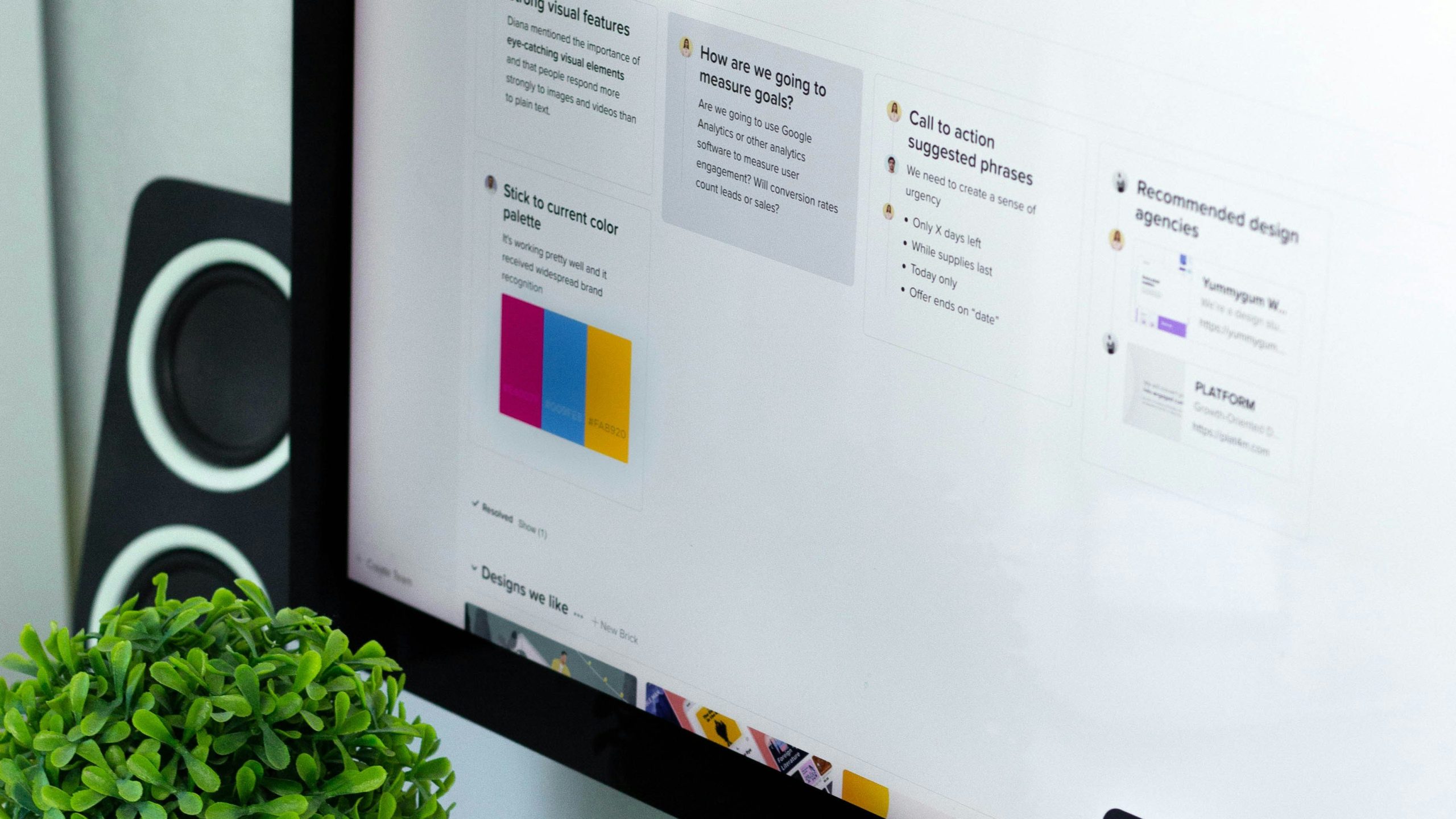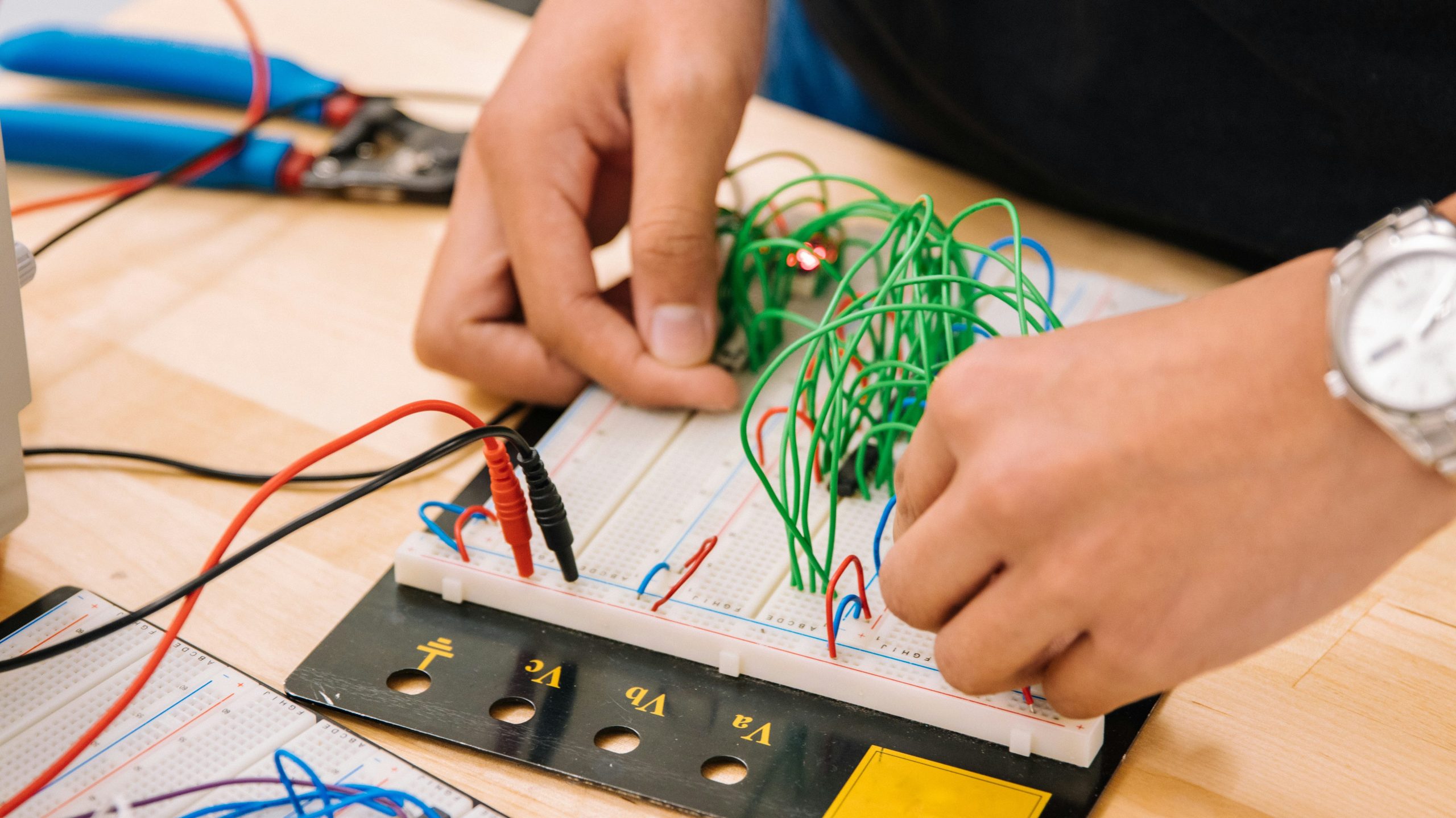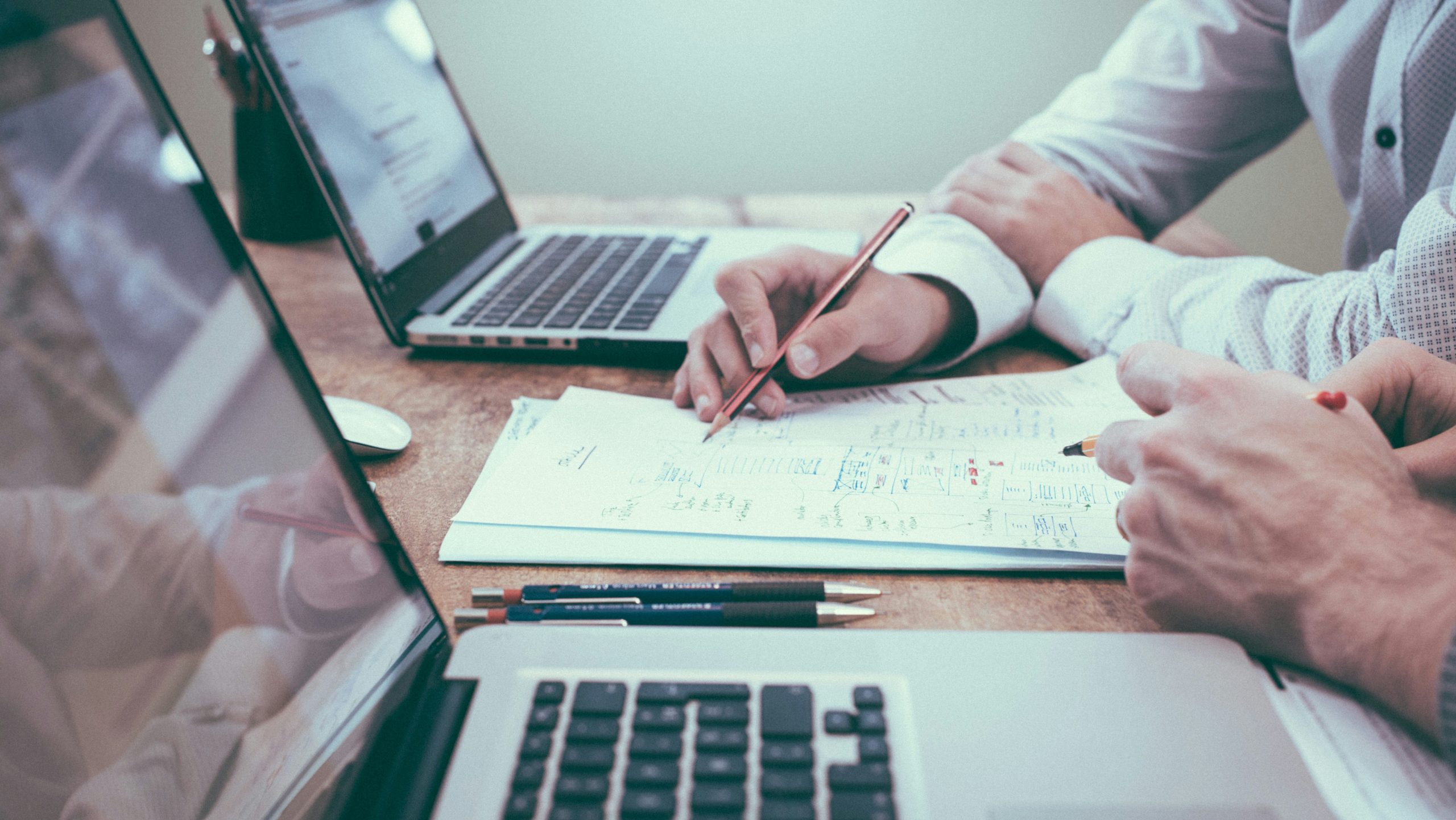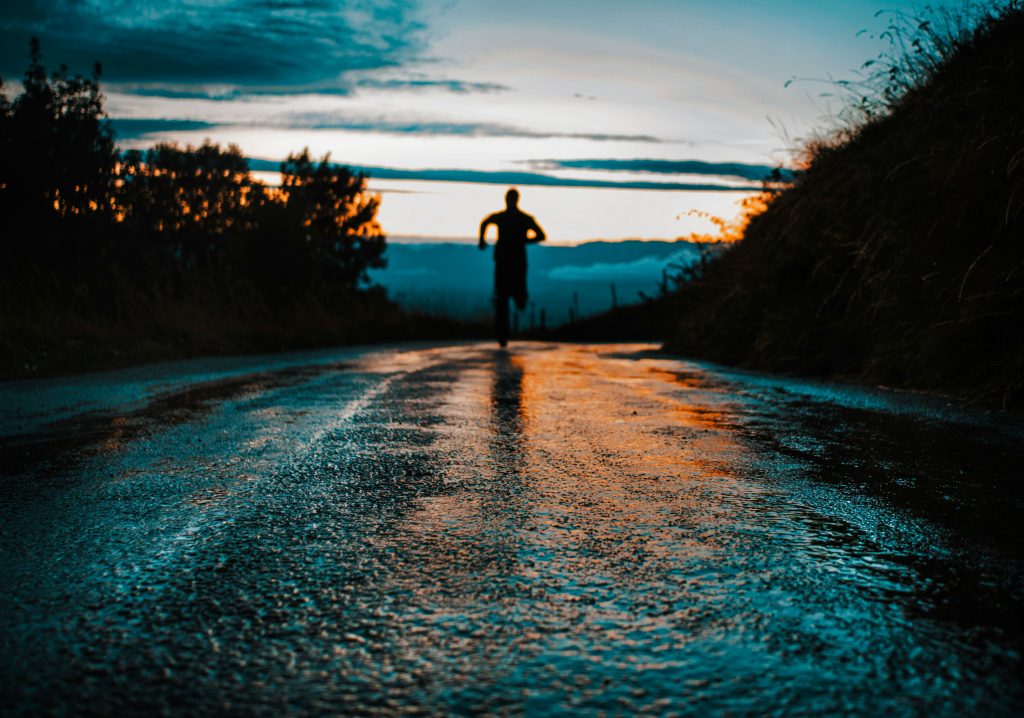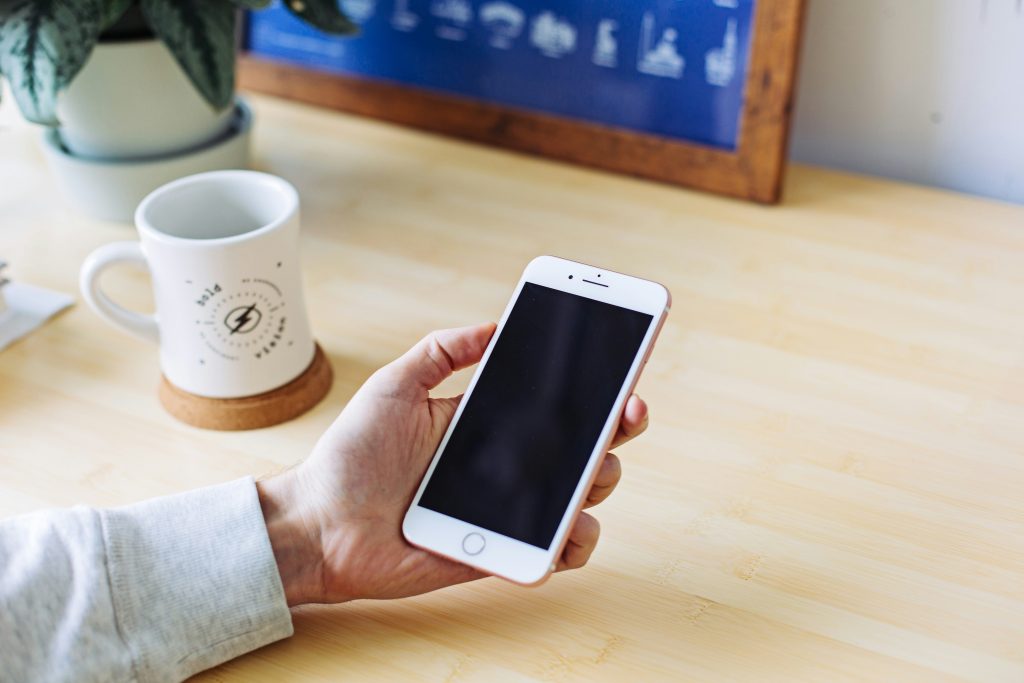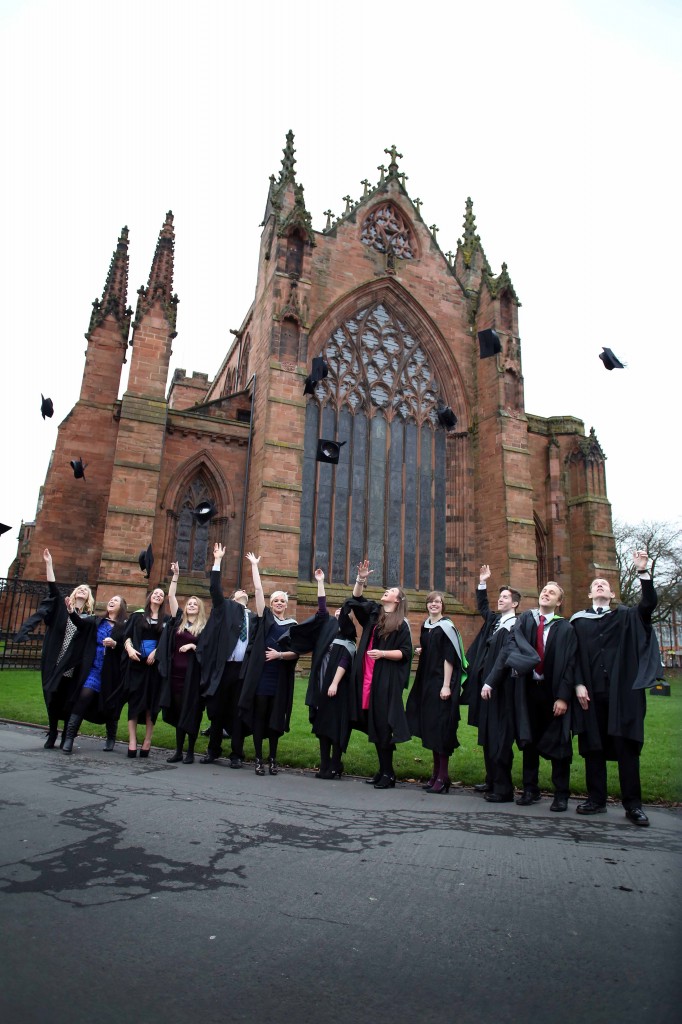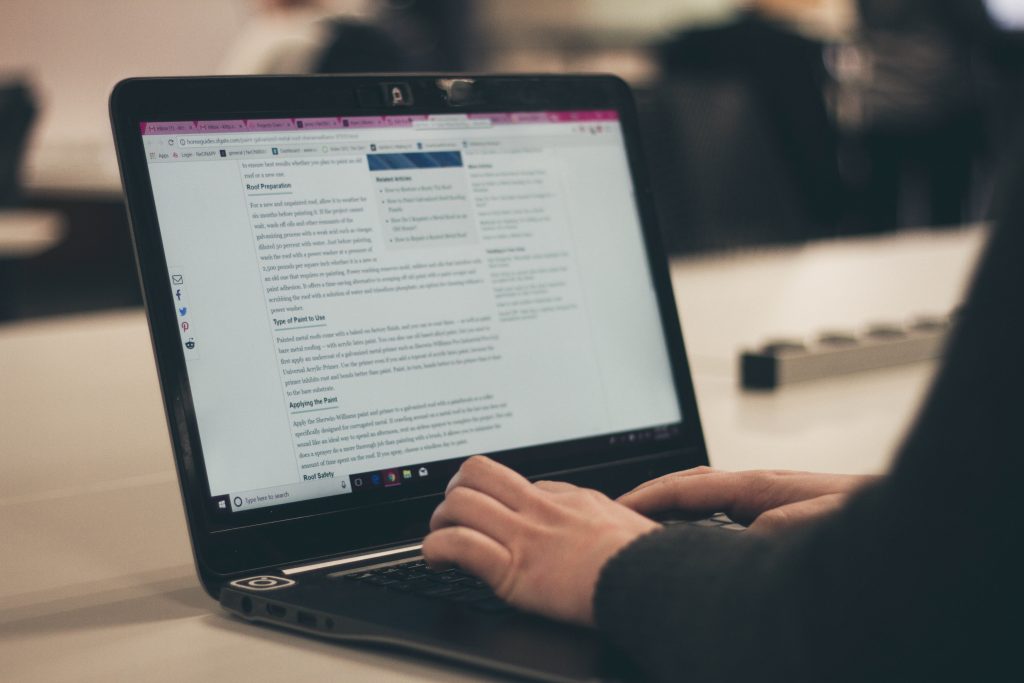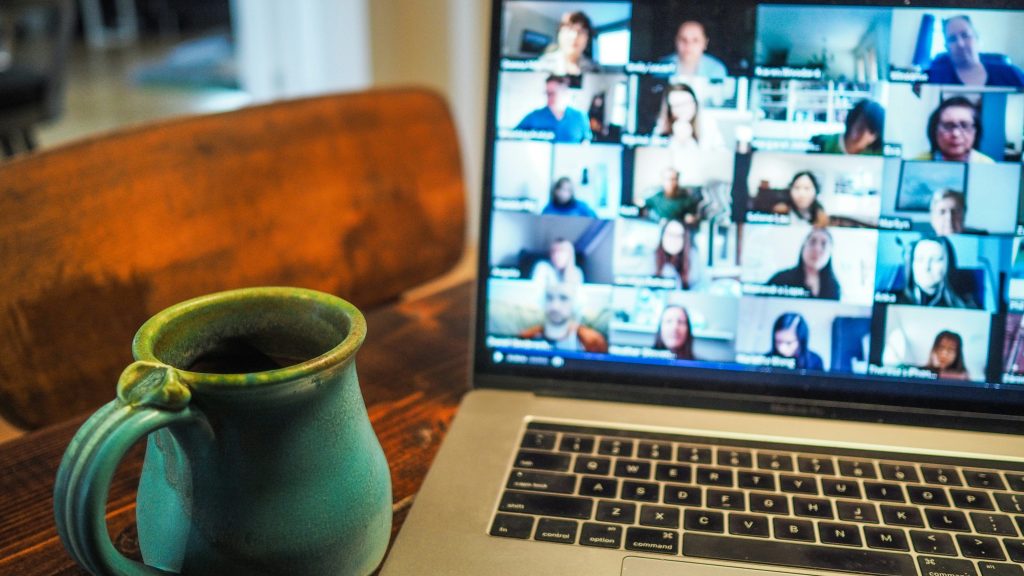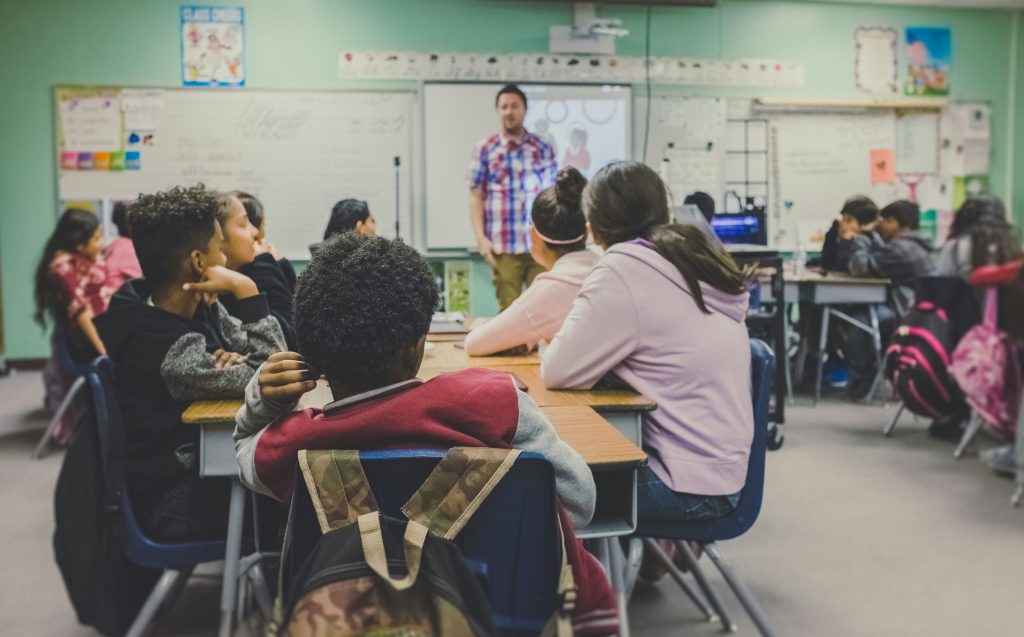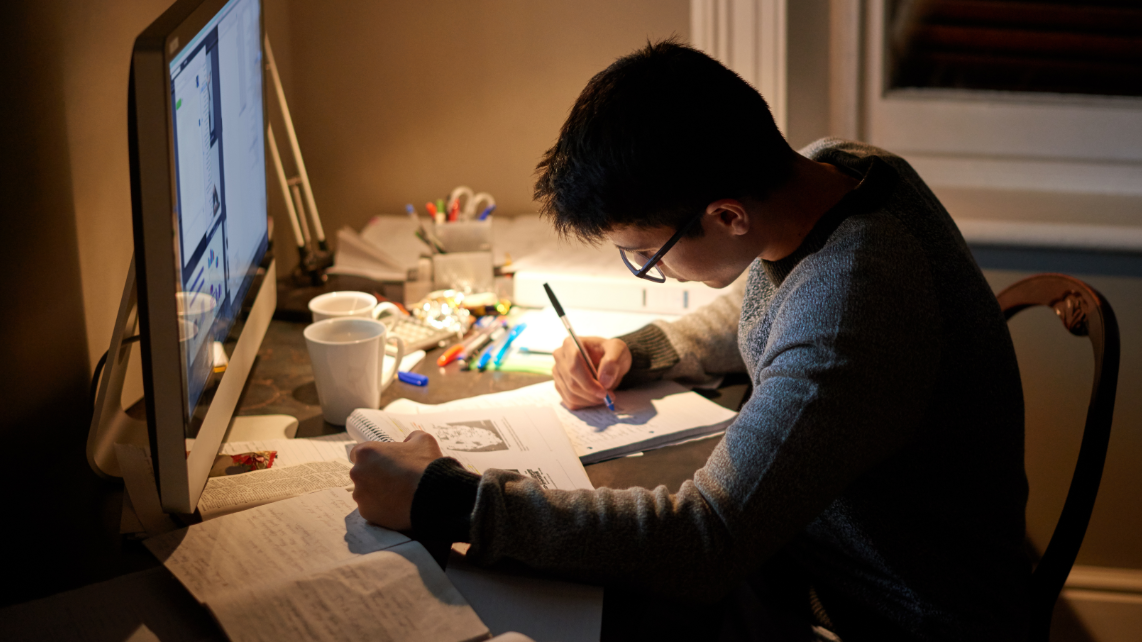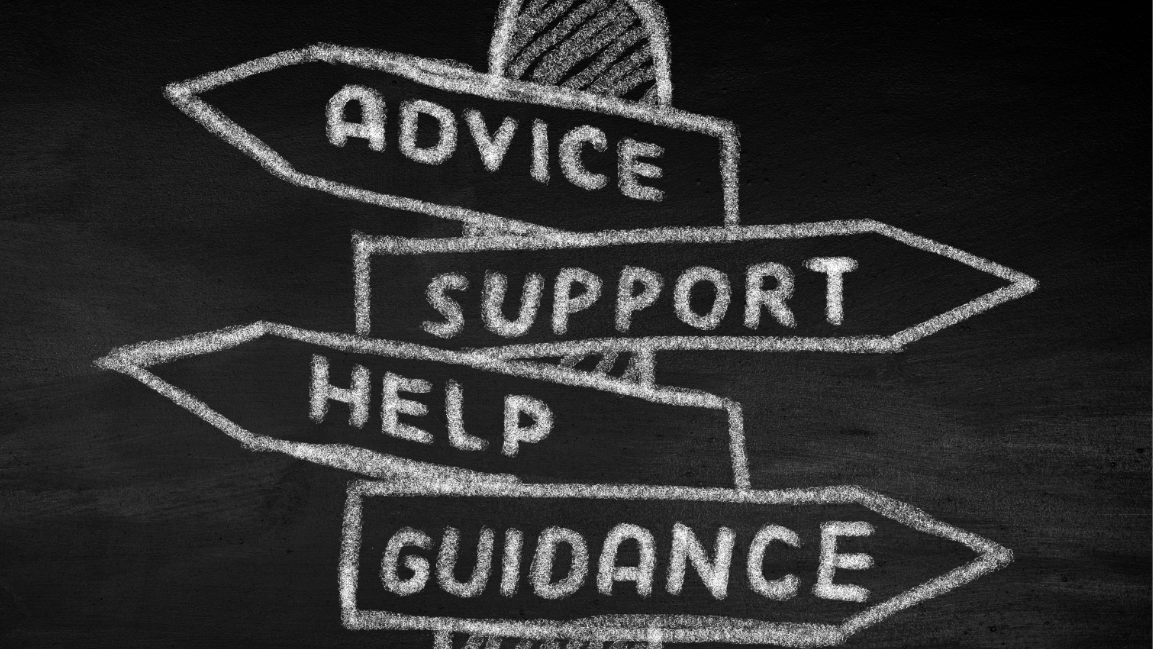Leveraging Resources and Opportunities
Embarking on a master’s program is a significant milestone in your academic and professional journey. This period is replete with opportunities to expand your knowledge, develop new skills, and lay the groundwork for your future career. To ensure you make the most of this experience, it is essential to strategically utilize the resources and opportunities available to you. It’s a time filled with opportunities to learn, grow, and set the stage for your future career. But how do you ensure you’re making the most of this experience? Let’s explore some strategies to help you thrive.
1. Get to know your team
Building a genuine connection with your Faculty and Studentcare is key. They’re experts, mentors, and often the first people who can offer guidance on your academic journey.

By actively participating in class discussions, you’re not only deepening your understanding of the subject matter but also opening doors to future recommendations. Think of it as nurturing a relationship: the more sincere and engaged you are, the more rewarding the connection becomes.
2. Plan your studies efficiently
Planning your studies efficiently is the foundation of academic success. Begin by reviewing the curriculum to understand the course structure and requirements, which will help you tailor a study schedule that fits your needs. Create a dedicated study plan that sets aside time each week for readings, assignments, and online discussions. Additionally, using a calendar to track deadlines for assignments, projects, and discussions ensures that you stay organized and on top of your coursework.
3. Take advantage of Online Campus Resources

To deepen your understanding, it’s important to venture beyond the provided reading list and explore additional materials. This extra effort can significantly broaden your perspective on the subject. Additionally, take full advantage of the University online library, which offers a wealth of academic resources that can supplement your studies. Staying updated by following industry trends and regularly reviewing academic journals in your field further ensures that your knowledge remains current and relevant, ultimately enhancing both your academic and professional growth.
4. Network, Network, Network
Building a robust professional network is an essential part of your journey. By joining alumni networks, you can connect with RKC graduates who offer valuable insights to potential careers
Additionally, leveraging platforms like LinkedIn to share your academic achievements helps you build a presence in your industry and engage with professionals who can offer further guidance. Keep an eye out for career advancement opportunities—whether that means seeking promotions, exploring new job roles, or even embarking on entrepreneurial ventures—so that you can put your newly acquired knowledge into action.

5. Get involved in Research
Research experience is invaluable, whether you’re planning to go into academia or industry. Engaging in research is an excellent way to enhance your master’s program experience. Research opportunities allow you to develop critical thinking skills, learn new methodologies, and contribute to your field through publications. Taking initiative and demonstrating a keen interest in your work can lead to significant academic and professional advancements. It helps you develop critical thinking skills, learn new methodologies, and can even lead to publications.

6. Apply Learning to Real Life
Integrating theory with practice is essential for bridging academic learning and professional application. By using case studies, you can connect theoretical concepts to practical business scenarios, making abstract ideas more tangible. At Robert Kennedy College ,we have an option to work on real-life projects, especially those that align with your current work challenges, ensures that your assignments are both relevant and immediately applicable. This approach allows you to implement your learnings directly at work, improving your professional skills and enhancing your decision-making capabilities while reinforcing your academic insights.
7. Balance is Key

Remember, balance is key. While focusing on your studies is important, it’s equally crucial to take care of yourself. Maintaining a healthy work-life balance is essential for your overall well-being and academic success. Utilize a planner or digital calendar to organize your tasks and commitments, ensuring you allocate time for both work and relaxation. Regular exercise, social activities, and hobbies can help you manage stress and maintain a well-rounded lifestyle.
8. Plan for the Future
Planning for the future is essential, and it’s never too early to start. Whether you aspire to pursue a Doctorate, enter the workforce, change jobs or start your own business, having a clear plan can help you make the most of your time in the program. Setting both short-term and long-term goals and beginning to build your professional portfolio are key steps that not only prepare you for the next phase of your career but also ensure that your academic journey is both purposeful and rewarding.

So, there you have it! With these strategies, you’ll be well on your way to making the most of your master’s program. Making the most of RKC’s master’s program involves a strategic approach to utilizing resources and seizing opportunities. Remember, it’s not just about earning the degree—it’s about the journey, the learning experiences, and the connections you make along the way. By staying disciplined, engaging actively, and applying your learning to real-world situations, you can truly maximize the benefits of your Master’s from RKC.
Would you like personalised advice from our education advisors? Chat with them live now.







